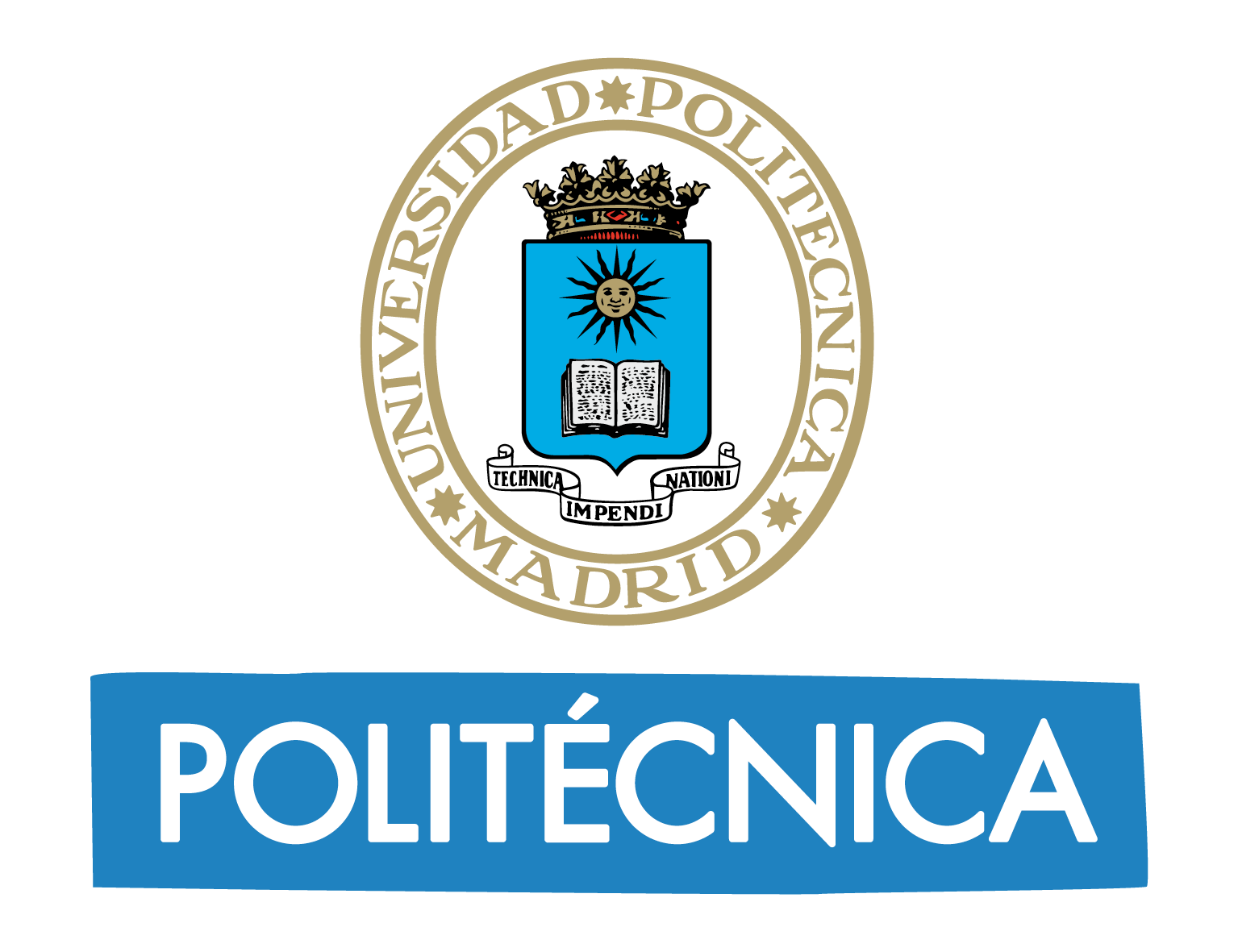Universidad Politecnica de Madrid shows its advances in quantum communications at the European Conference on Quantum Technologies
Universidad Politecnica de Madrid has carried out a practical demonstration of its quantum technology during Europe's official biennial quantum event.
Universidad Politecnica de Madrid has carried out a practical demonstration of its quantum technology during the European Quantum Technologies Conference (EQTC), held in Hannover from October 17 to 20 and organised by Quantum Flagship. This is the biennial official event of the European Commission focused on quantum technology, where innovations are presented to the main players in the industry and to the academic and research world.
Within the framework of this initiative and, in collaboration with well known European companies and organizations, UPM´s Information and Quantum Computing Research Group has participated in an ultra-secure videoconference demonstration. This test, organized by the European consortium PETRUS, has been even more complex than the one carried out last June during the "Digital Assembly" in Stockholm, (an annual event hosted by the European Commission and the holder of the spring presidency of the Council of the European Union).
In the practical demonstration, the UPM has contributed with its own developed software known as QKD SDN Stack, which through programmable or Software-Defined Networking (SDN) techniques allows the operation and management of the end-to-end quantum service. The Spanish company LuxQuanta has provided its Continuous Variable Quantum Cryptography (CV-QKD) system, which offers new security features. QTI SRL, ThinkQuantum and Quantum Optics Jena GmbH were the other three QKD key providers that took part in the demonstration.
The local key management system on each node, provided by the UPM, manages cryptographic resources independently of the QKD key provider or the application that consumes them. In this way, a video conference with QKD keys has been secured, by delivering the keys generated by various providers to Rohde & Schwarz encryptors, which have encrypted and secured the communication.
Quantum technologies are one of the fundamental pillars that will guide social, economic and scientific change in the forthcoming years. These technologies use the fundamental principles of quantum physics to their advantage, in order to achieve performance never seen before with classical technologies.
The collaboration in this demonstration of quantum technologies between Polytechnic University of Madrid and LuxQuanta highlights Spain's active commitment in this field. Both entities are part of the EuroQCI initiative, a European collaboration signed by the 27 member states, the European Commission and the European Space Agency, which seeks to establish an ultra-secure communications channel for public administrations, safeguard critical infrastructure and strengthen systems´ encryption throughout the European Union.


